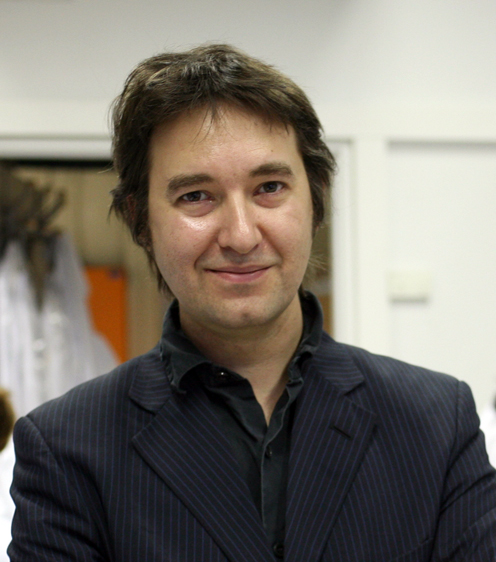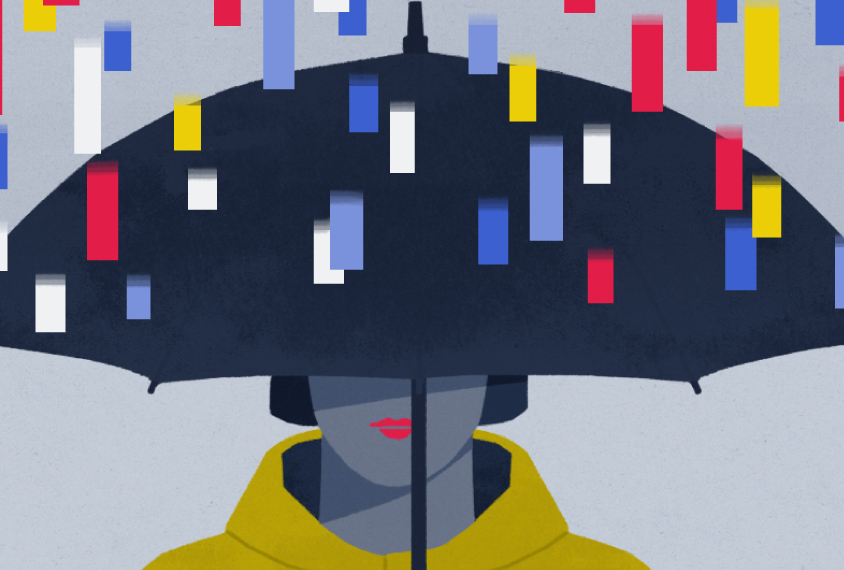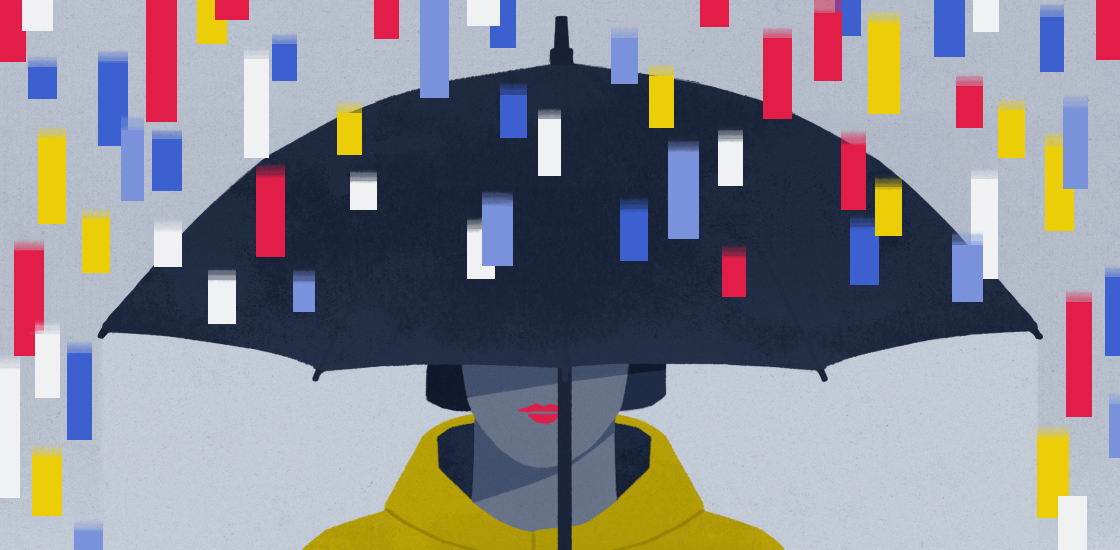
Thomas Bourgeron
Professor
University Paris Diderot
From this contributor

Expliquer la résilience à l’autisme peut faire naître de nouvelles thérapies
Explaining ‘resilience’ in autism may seed new therapies
Some individuals who have autism mutations show no signs of the condition; understanding why may lead to treatments.

Explaining ‘resilience’ in autism may seed new therapies
Questions for Thomas Bourgeron: In search of ‘second hits’
Taking a close look at people who have a mutation in a known autism gene may reveal why these people often have vastly different characteristics.

Questions for Thomas Bourgeron: In search of ‘second hits’
Explore more from The Transmitter
Neuro’s ark: Spying on the secret sensory world of ticks
Carola Städele, a self-proclaimed “tick magnet,” studies the arachnids’ sensory neurobiology—in other words, how these tiny parasites zero in on their next meal.

Neuro’s ark: Spying on the secret sensory world of ticks
Carola Städele, a self-proclaimed “tick magnet,” studies the arachnids’ sensory neurobiology—in other words, how these tiny parasites zero in on their next meal.
Autism in old age, and more
Here is a roundup of autism-related news and research spotted around the web for the week of 2 March.

Autism in old age, and more
Here is a roundup of autism-related news and research spotted around the web for the week of 2 March.
Lack of reviewers threatens robustness of neuroscience literature
Simple math suggests that small groups of scientists can significantly bias peer review.

Lack of reviewers threatens robustness of neuroscience literature
Simple math suggests that small groups of scientists can significantly bias peer review.